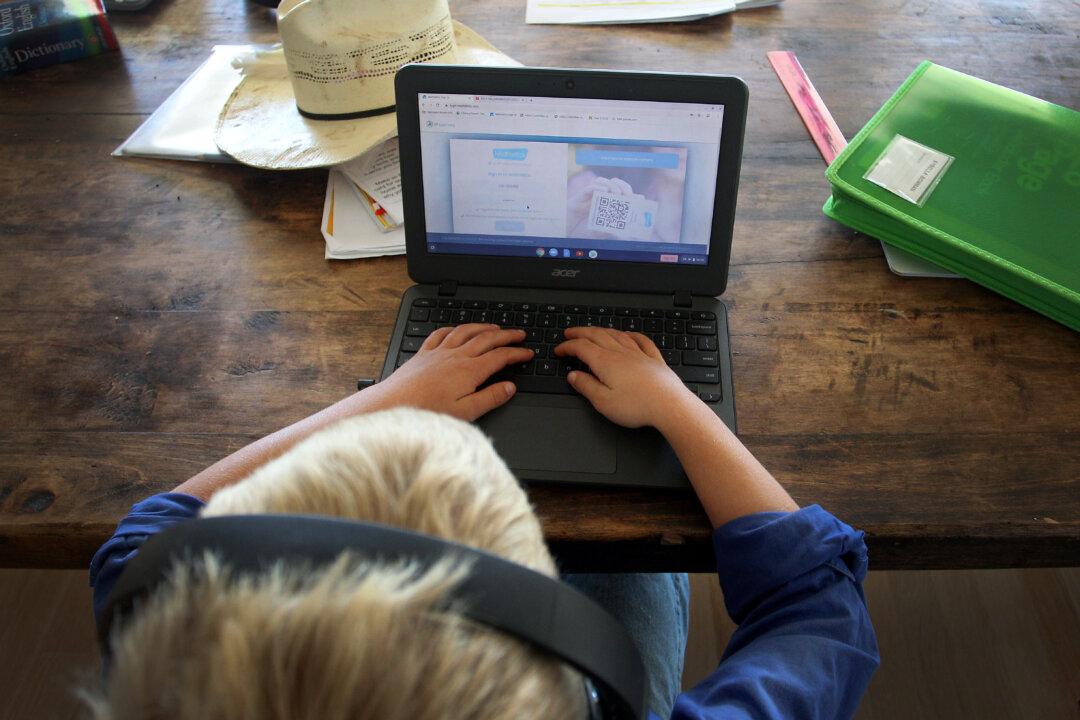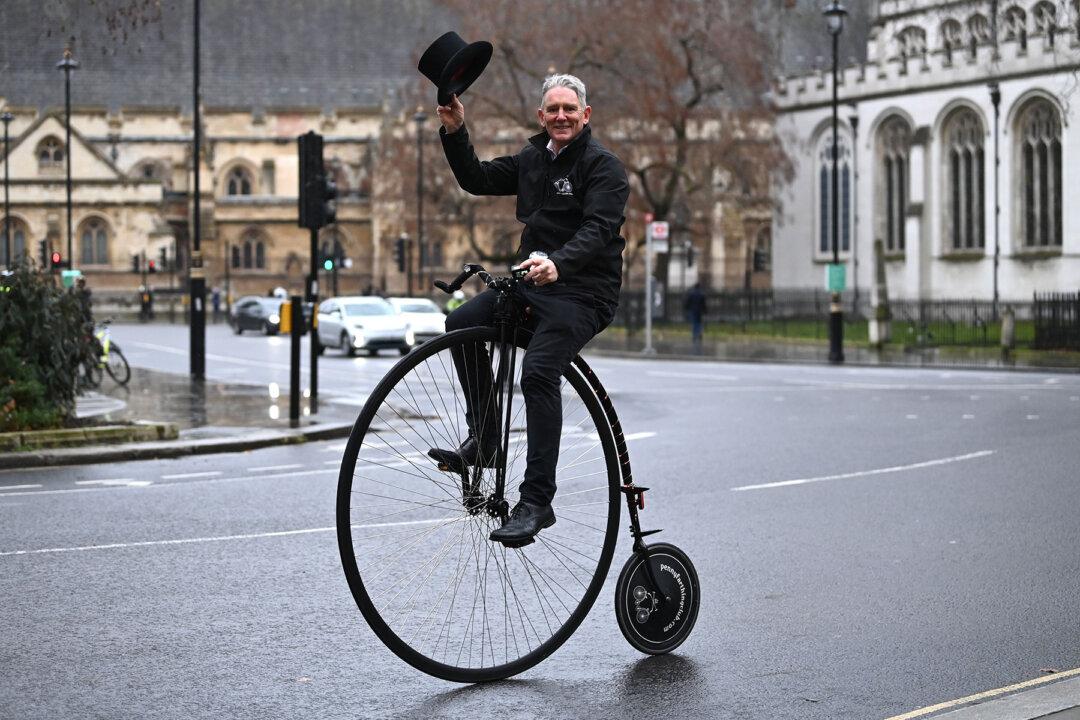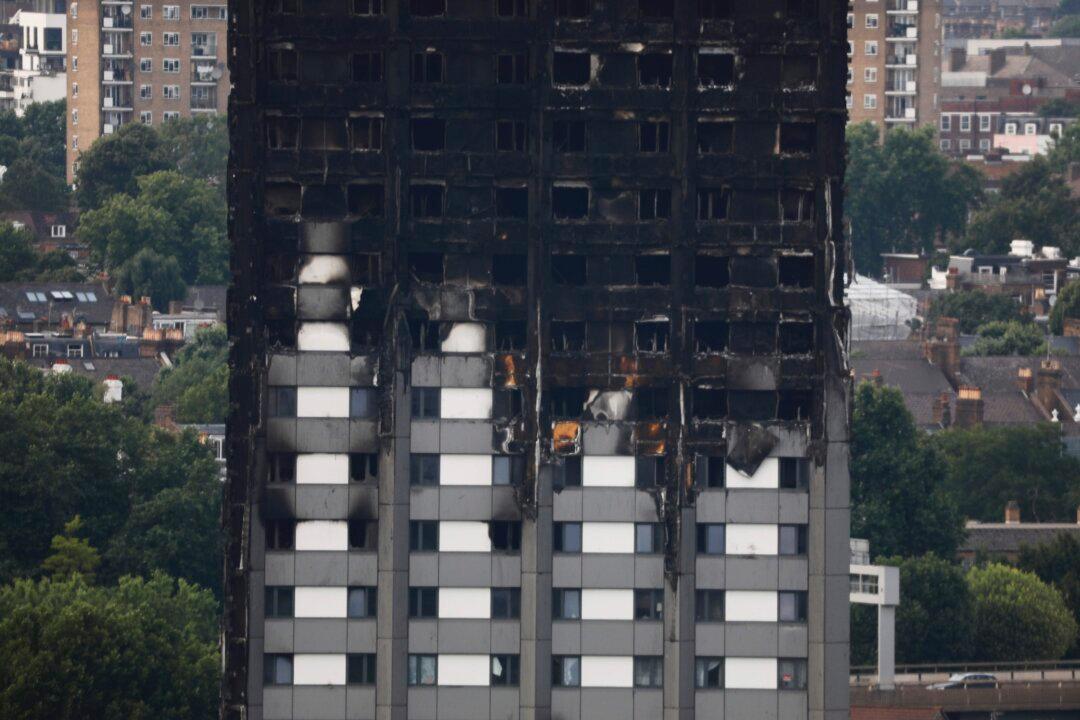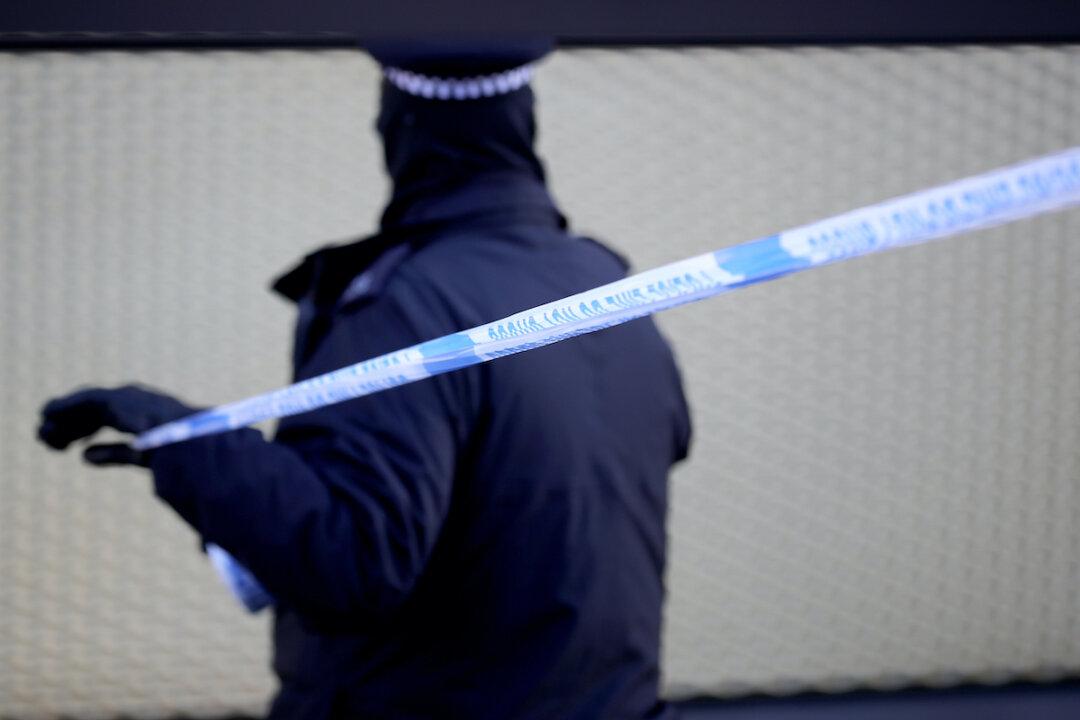Isolation measures, instated as part of the response to the CCP virus, are harming children, according to new reports published by the UK governmental watchdog Ofsted.
The set of reports, published on Tuesday, found that repeated periods of self-isolation have impacted children and their education, particularly the most vulnerable.




